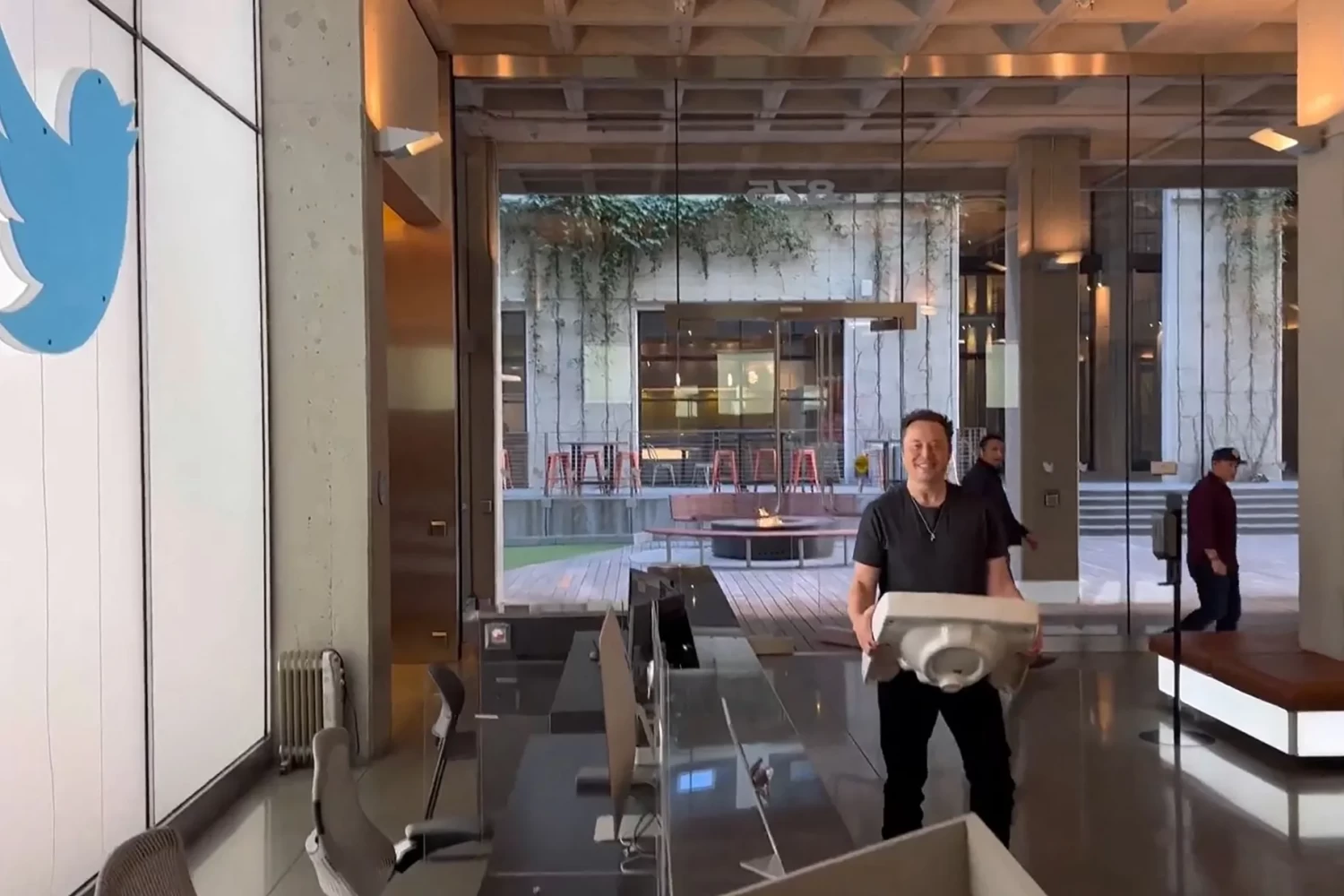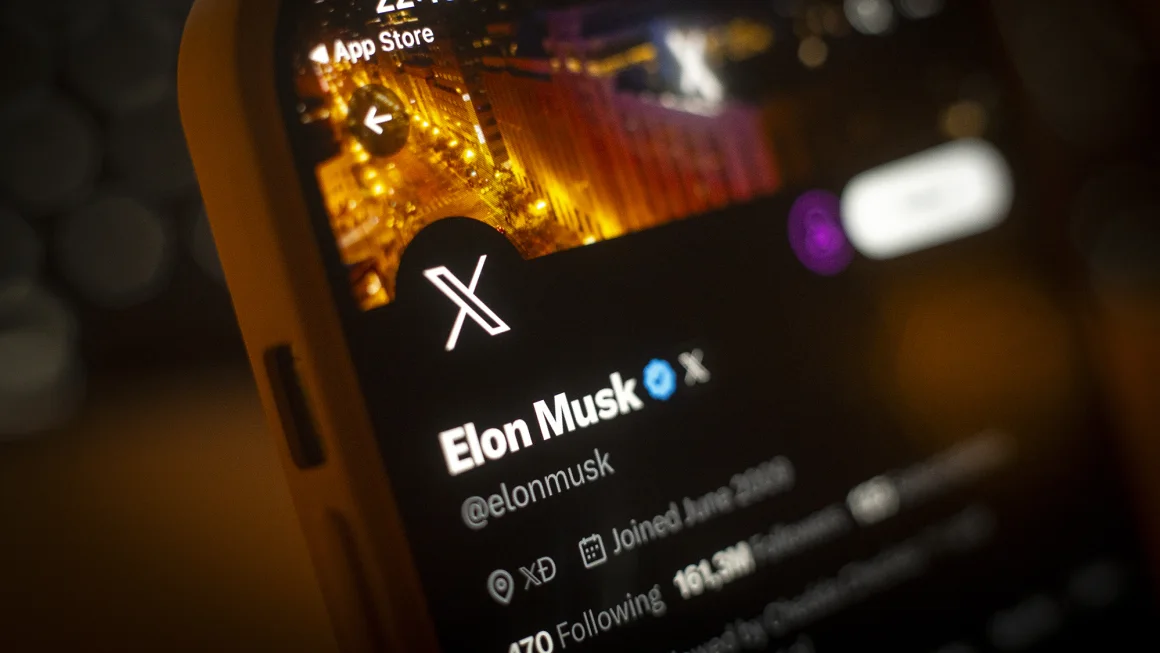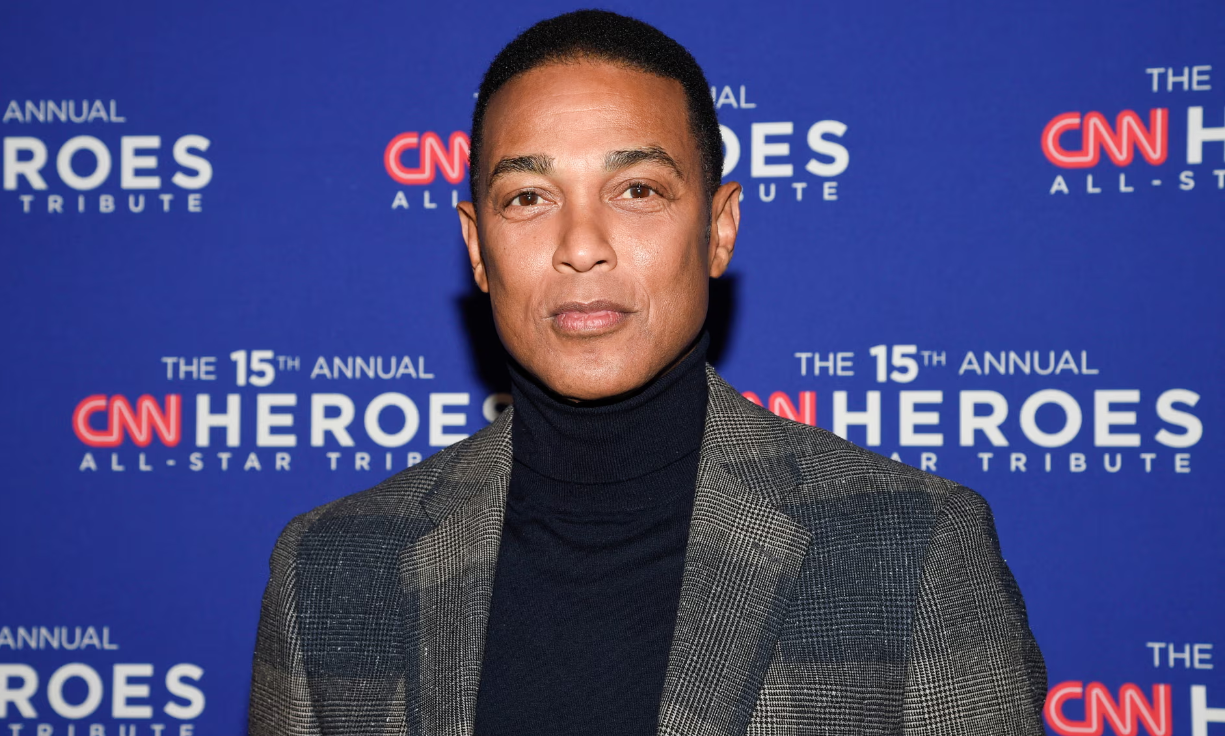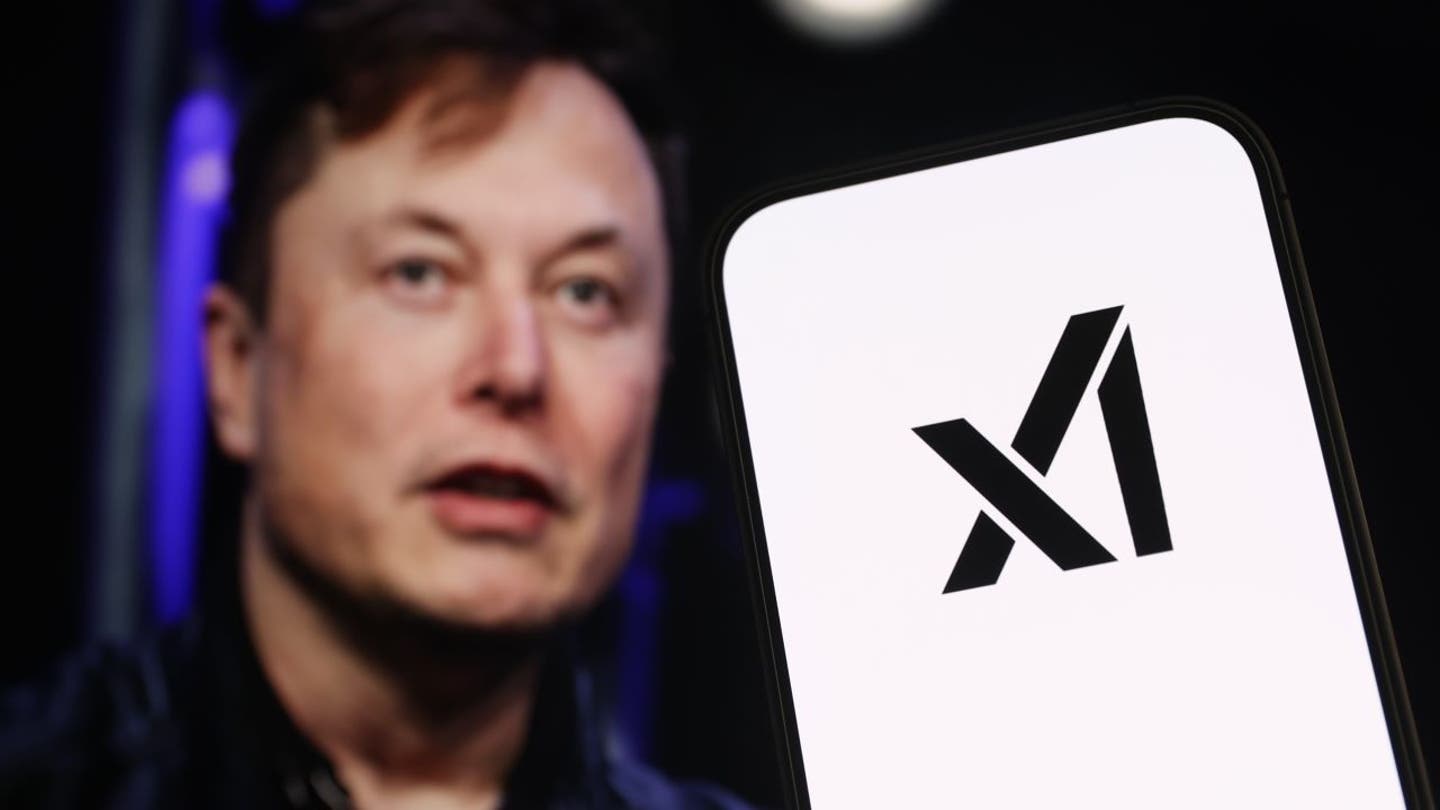This article is more than
1 year oldWhat we know about Elon Musk’s plan to turn Twitter into a super app

Elon Musk’s grand plan for Twitter — that is, what he hopes to create beyond a “town square” for posting and messaging — is starting to take shape. And that shape is a super app.
Twitter informed its business users on April 18 that Twitter, Inc., is now X Corp. It’s the latest move in Musk’s attempt to turn his reluctantly purchased platform into an “everything app” called X. Along with the name change, there’s the recent news that Twitter has partnered with a stock and crypto trading firm, and Musk also incorporated an artificial intelligence company called X.AI, which may be part of his super app plans.
So-called “super apps” or “everything apps” (as Musk has referred to them) are apps that offer several services, usually including a payments component. They’re hugely popular in Asia, though you can find them in Africa and Latin America. But they haven’t caught on in the US. Musk clearly wants that to change, and he wants Twitter to lead the way. The billionaire has said a few things about his plans and made what appear to be a few preliminary moves toward it. But what his Twitter can do, with its dwindling resources and polarizing owner, is still very much in question.
Super apps, explained
If you’re in the US, you probably haven’t used a super app before. It’s possible you hadn’t even heard of them before Musk started talking about the concept. But you might be familiar with WeChat, a Chinese messaging app that then-President Trump tried to ban along with TikTok in 2020. WeChat has 1.26 billion users worldwide as of September 2021, and it’s enormously popular in China. If you have family there, you probably use WeChat to stay in touch with them.
Since its 2011 release, WeChat has become much more than a messaging app for mobile devices. It quickly expanded into payments and gaming (WeChat is owned by a Chinese company called Tencent, which is a major player in gaming). Then it added mini-programs, or third-party apps housed within WeChat, which vastly expanded its capabilities. These days, users can do just about everything within WeChat. They can hail a taxi, order food, pay bills, share videos, and even share their government ID. In some circumstances, they may only be able to access certain services through their WeChat accounts. WeChat supplies and has control of the infrastructure that underpins this ecosystem, and the possibilities are almost endless. For many people in China, WeChat is the internet.
Jason Wong, an analyst on software design and development at Gartner, describes the concept as one company building “an open app for third parties to build these mini apps.” He likens super apps to how Batman and Iron Man have suits with core powers, and they add or remove different gadgets and functionalities to them as needed. “You build a super app, which is that costume, that shell that has some core value,” Wong said. “And then other partners will see value and create additional superpowers for your suit.”
WeChat’s success has inspired other super apps in Asia and other continents. Alibaba’s AliPay, which began as a payment service, is also popular in China. Southeast Asia has Grab, which started out as a ride-hailing app, and Gojek, which began as a delivery service. Africa’s super apps, which include M-Pesa and temtem, have similar origin stories, as does Latin America’s Rappi.
But the US, along with Canada and Europe, hasn’t been able to produce a super app of its own. We have seen companies expand the services their apps offer into other areas, like how Uber, a ride-hailing service, now offers food delivery and grocery delivery within its platform. Microsoft allows third parties to develop apps within its Teams workplace. PayPal launched its version of a “super app” in September 2021, though it seems to be limited to financial services for now. Microsoft is reportedly making a push, as is Meta. So Musk isn’t the only person who has recognized the potential of super apps. But those other tech companies, which already have a massive scale, may be in a better position to create one.
Musk’s moves toward an everything app start with Twitter
Even before he took ownership of Twitter, Musk made his desire to turn it into a super app known. In May 2022, he said on a podcast that super apps “need to happen” in the US and that he could “convert Twitter to that,” citing WeChat as the model he wanted to follow. This makes sense. Not only is WeChat a massively successful super app, but it also began life as a messaging platform. Musk repeated this in a town hall with Twitter employees in June 2022.
“I think of, like, WeChat in China, which is actually a great, great app, but there’s no WeChat movement outside of China. And I think that there’s a real opportunity to create that,” he said. “You basically live on WeChat in China because it’s so useful and so helpful to your daily life. And I think if we could achieve that, or even close to that with Twitter, it would be an immense success.”
Musk has also tweeted about it, saying in October that “buying Twitter is an accelerant to creating X, the everything app,” and that having Twitter in hand, rather than starting from scratch, would hasten the process by “3 to 5 years.” In April 2023, he tweeted “yup” in response to a fan’s tweet about X being the “everything app.” The tweet included emojis indicating the various things that app would house, including messages, media, and money.
But the steps Musk is taking to create such an app have been less public. He’s said his super app will be called X, and he created X Holdings to buy Twitter. In April, he quietly filed paperwork to fold Twitter into an entity called X Corp., a change the platform announced to users a few weeks later after the filing was discovered by reporters. And he has reportedlybeen working on building a payments system within Twitter, which is integral to making Twitter, or X, into a super app. Twitter has also filed paperwork needed to become a payments processor. It’s not known how far along that process actually is now, since Esther Crawford, who was leading the payments project, was laid off in late February.
Musk also appears to be pursuing partnerships that could play into his super app ambitions. The stock and crypto trading company eToro announced in April that it partnered with Twitter to allow Twitter users to buy and sell assets on eToro through Twitter’s “cashtags.” If you click on a cashtag (a hashtag, but it’s a dollar symbol instead of the pound symbol), you’ll be taken to a screen with that company’s stock price on it and a button to view it on eToro’s site. You can’t actually buy or sell anything on Twitter itself, nor does your Twitter identity allow you to log into eToro. It’s not a mini-app, but it is a sign that Twitter wants to move into the financial sector.
And Musk has started an artificial intelligence company called X.AI Corp. It appears to be a separate company for now, but it has that X name and AI may well have a place in Musk’s super app ambitions.
Musk has also said he wants to expand Twitter’s social media capabilities, such as the ability to send much longer tweets and videos for Twitter Blue subscribers. He also says he’ll add waysfor creators to monetize their content on the platform, as they do on YouTube. But the success of these ventures has yet to be determined, and even if Musk is able to pull more users onto Twitter through them, that’s a long way from being a super app.
How a super app could work in the US
Musk’s chances of success also hinge on the American appetite for one — not just a super app from Twitter, but one from any company. There are reasons to be skeptical that the US will get a WeChat of its own.
Some of the reason for this is how the internet and the usage of it has grown in the respective countries. In China, widespread access to the internet didn’t really happen until relatively cheap mobile devices were accessible to its population.
“In terms of infrastructure — the communications infrastructure, the messaging infrastructure, the payment infrastructure — all those things were still being developed last decade,” Wong said.
In the US, many of those things had already been established well before the iPhone came along. That meant consumers were used to doing those things across many different websites and apps.
“I think a lot of American consumers do see value in being able to combine and coordinate some of their activities into one app,” Jasmine Enberg, a social media analyst at Insider Intelligence, said. “But we are already used to doing different things in different apps. We have apps for shopping, video viewing, socializing, banking. And while there is some overlap, for the most part we keep those parts of our digital lives pretty separate.”
There also may be legal hurdles to overcome. It’s likely that we would see some pushback from regulators, which already aren’t thrilled with how much power some companies, especially tech companies, have over our lives.
People may not want to hand all their data and lives over to an app that comes from a company they either don’t know or know they can’t trust, especially when they have so many choices. For example, Google, Amazon, Uber, and Meta have had to scale back or cancel their attempts to get into banking or other fintech arms. Apple, which has a reputation for privacy, has steadily expanded its offerings, just rolled out a savings account connected to its Apple Card.
“Trust in social platforms is already incredibly low,” Enberg said. “Users would have to hand over their payment information in order to use many of the functions of a super app. And we already know that they’re not willing to do that.”
Wong pointed out that it’s not just about user trust, either. The third parties making the mini-apps have to trust the platform, too.
“Why would I build inside your app if I don’t trust you, or I think your users don’t trust you?” he said.
Wong and Enberg both believe there’s room for a kind of super app in the US, but they think it will be industry- or vertical-specific.
“You can be a very narrow super app. Think of building a super app for health care,” Wong said. A health super app could incorporate third-party apps from health insurers, doctors, pharmacies, and wellness services, for instance. “The super app doesn’t need to be the same thing as WeChat in the US.”
But Musk has said many times that WeChat is exactly the kind of thing he wants to create.
Elon Musk’s Twitter may not be the right platform for a super app, thanks to Elon Musk
Some of the hurdles Musk will face in developing his super app are of his own making. While WeChat was a messaging app that became a super app, that doesn’t mean all super apps have to start as messaging apps (many don’t), or that those origins would work here. Nor that it would work on a platform owned by Musk specifically.
“It’s hard to imagine that most Americans are going to want to tweet on the same app where they pay their utility bill,” Enberg said. “Trust in Elon Musk, too, is really low after this past year of chaos.” That loss of trust, Enberg said, hasn’t just come from Twitter’s users. Advertisers — the kinds of companies that would presumably make mini-apps for Twitter’s super app platform — haven’t been thrilled with what Musk has done to Twitter, either.
But, Enberg pointed out, Musk still has a passionate fan base, and that translates into at least a few companies that are still willing to work with him.
There are also Twitter’s well-known issues with privacy and security, which predate Musk. In 2020, many high-profile celebrity accounts were hacked by a teenager. A whistleblower who used to be a highly placed employee of Twitter said in August 2022 that the platform was rife with security and privacy issues, and failed to implement even basic security measures. Twitter is under a consent decree dating back to 2011 for not protecting user privacy, which has violated at least once (leading to a fine of $150 million) by using users’ email addresses and phone numbers it supposedly needed for security to target them with ads. Again, these problems cropped up before Musk bought Twitter, but the Federal Trade Commission is reportedly investigating Musk-owned Twitter for potential violations of the consent order.
Even if Musk had the user base and third parties he needs for a super app to succeed, he still has to build the thing. And it would have to be good enough that users and third-party app developers alike would want to use it. Part of the appeal of super apps is that they make it easier to access services within the one app than it would be to do so across several of them. You don’t win over customers or even developers by offering them what they already have.
Musk’s Twitter, on the other hand, doesn’t even work as well as it did before Musk took it over. His drastic cuts have meant far fewer engineers and other support staff. There do not appear to be enough people left to keep Twitter running smoothly, let alone to build and run a super app platform. Musk’s attempts to roll out new features in Twitter have seemed impulsive and almost always result in something breaking down, assuming they happen at all. A buggy and glitchy platform owned by someone who seems to do a lot of things for the lols when he isn’t threatening to go thermonuclear on advertisers or drive away news outlets doesn’t engender much confidence.
Even if the cuts are temporary and Musk can afford to build Twitter’s headcount back up again, he may find it difficult to hire the people he needs after how publicly poorly he’s treated Twitter’s employees. Those who remain have been forced to work extremely long hours and submit their work to code reviews. He’s lashed out at former employees who dared to criticize him, accusing them of being “groomers” or faking their disabilities.
“I’m not sure there are many people with the required skills left who want to work for him after the way he’s treated former and current employees,” Enberg said.
Before Musk’s X can be an everything app, he has to at the very least prove that he can keep its one app running. And even that seems to be a tall order now.
Update, April 18, 6 pm ET: This story has been updated with the news that Twitter announced Twitter, Inc., is now X Corp.
Keywords
Newer articles
Ray J on Why Diddy's Friends Haven't Come to His Defense: 'I Think A Lot of People Are Trying to Understand It'
Taylor Swift’s music returns to TikTok even as label fights over artist compensation
Khloe Kardashian hounded after OJ’s death
Trump offers conditions for Ukraine aid renewal
Netflix hit inundated with complaints
Why Israel is risking a dramatic escalation with Iran
Biden vows 'ironclad' support for Israel amid Iran attack fears
Bianca Censori stuns in extreme v-neck dress
India calls for ‘immediate de-escalation’ amid Israel-Iran tensions




